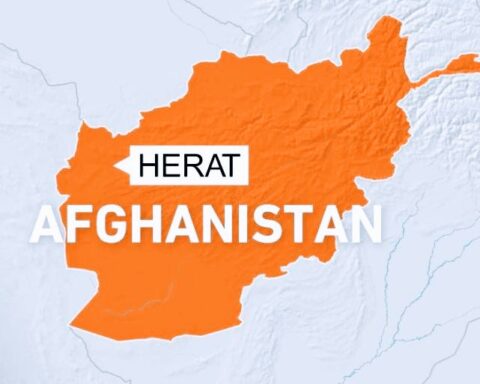In a grim forecast for the coming year, the United Nations Office for the Coordination of Humanitarian Affairs (OCHA) has reported that around 14.8 million people in Afghanistan will suffer from severe hunger in 2025, exacerbating the country’s already dire humanitarian crisis. This marks a sharp increase of 2.4 million compared to the 2024 estimate.
The projection outlined in OCHA’s Afghanistan Humanitarian Needs and Response Plan 2025, was released on Tuesday and paints a bleak picture for Afghanistan’s future. The report highlights several critical factors contributing to the worsening food insecurity, including restrictions imposed by the Taliban government, which has been in power since the withdrawal of US forces in 2021. Alongside these political factors, rising temperatures and an ongoing drought are expected to worsen food shortages in 2025.
According to OCHA, these factors have led to soaring unemployment, household debt, and poverty, with nearly half of Afghanistan’s population now affected. Women and women-headed households are particularly vulnerable, facing the brunt of the crisis. “The restrictions placed by the Taliban have severely impacted the livelihoods of many, exacerbating poverty and hardship,” the report noted.
Further compounding the situation is the country’s fragile infrastructure. Afghanistan’s healthcare and education systems, already weakened by years of conflict, are struggling to meet the needs of the population, leaving many unable to withstand further shocks.
In addition to these challenges, the anticipated return of refugees from neighboring countries in 2025 is expected to place even more strain on already limited local resources, complicating the delivery of humanitarian aid.
READ ALSO: 3 NGOs Suspend Work In Afghanistan Over Ban On Female Workers
The scale of the crisis is stark. OCHA estimates that 22 million Afghans will be in need of humanitarian assistance in total, with 21 million lacking access to sufficient water and sanitation, 14.3 million facing limited access to healthcare, and 7.8 million women and children requiring urgent nutrition aid. However, the agency emphasized that it would prioritize support for 16.8 million people, meaning about 6 million individuals would remain without crucial assistance.
To address these urgent needs, OCHA has estimated that $2.42 billion will be required to deliver essential aid. The international community’s support is critical, as the humanitarian disaster in Afghanistan continues to worsen.
OCHA said the aid will include food assistance, emergency shelter, healthcare, nutrition services, education, safe drinking water, hygiene items, and multi-purpose cash assistance. Despite the scale of the challenge, the agency remains committed to providing multi-sectoral support to those most in need.















